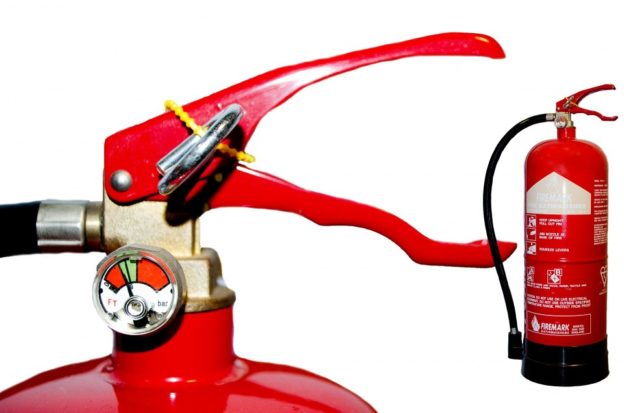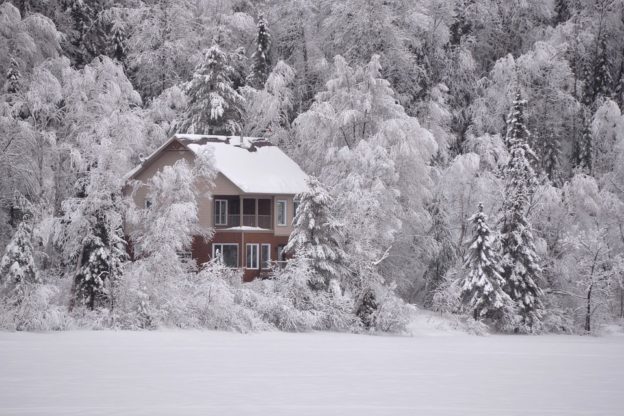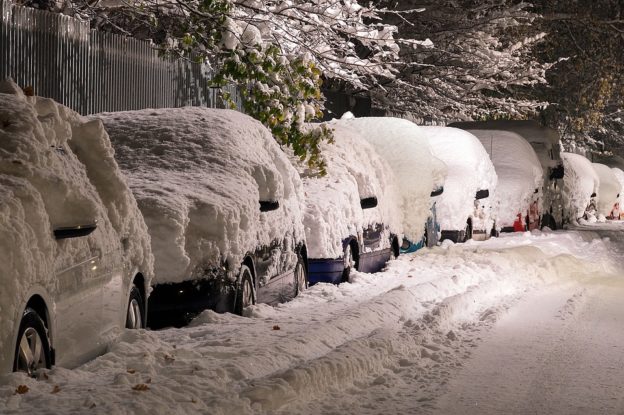Not very many people have been properly trained in how to use a fire extinguisher. You see them everywhere you go: your workplace, your school, hopefully your home, and any public building, such as shops and restaurants. You may have an idea of how they work, but in the event that you needed to use one would you light up or sizzle out?
Below, we discuss the importance of knowing how to use a fire extinguisher, some tips to remember, and some additional training you can take if you would like to learn more.
Why It’s Important
This seems as it should be common sense. Fires pose a real danger during our day-to-day lives, whether it be at home, school, work or in public. Knowing how to react and being properly trained could mean the difference between life and death in a situation you never thought you would be in.
PASS
PASS is an acronym that makes it easier to remember the four main steps to using a fire extinguisher. If you are ever in a situation where you need to use one, follow these steps:
P: Pull the pin that unlocks the operating lever.
A: Aim low.
S: Squeeze the lever above the handle.
S: Sweep the nozzle from side to side.
Things To Know
Different types of fires require different types of fire extinguishers. Fires range of Class A to Class D, as well as a Class K.
Class A: these fires involve ordinary combustibles such as wood, cloth, or paper.
Class B: these fires involve flammable liquids, such as gasoline, oil, paints, etc.
Class C: these fires involve electrical equipment, such as power tools, fuse boxes, wiring, etc.
Class D: these fires involve combustible metals, such as magnesium or sodium.
Class K: these fires involve cooking oils used in commercial cooking equipment.
It is important to recognize what type of fire you are dealing with, as treating a fire with the wrong extinguisher may only cause more problems.
Training/Classes Available
For anyone interested in becoming more knowledgeable and prepared for any situation that may require a fire extinguisher, there are plenty of training courses and information sessions available.
These courses are great for anyone, but would be particularly important for anyone working in a public place with a higher fire hazard rate, such as a restaurant kitchen, for an individual working in a school where children’s lives may be at stake in the case of a fire, or for parents or individuals who wish to keep an extinguisher in their home.
Cool Down
Knowing how to react in the event of a fire, and how to properly use a fire extinguisher, could make a big difference for the people and structures involved. Share these tips with your family members, coworkers, and friends to ensure that all of your loved one’s and acquaintances are properly equipped to deal with any fire related emergencies they may face.
Help keep yourself and others safe; spread the word like wildfire.








